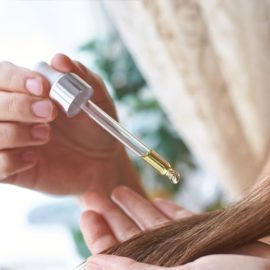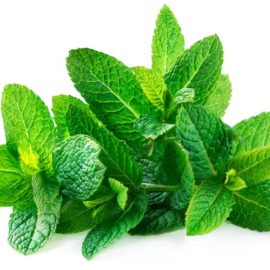The vegan concept is also derived from the food industry and, this time, refers to dietary restrictions: a vegan cosmetic product is defined as one that doesn’t include any ingredient from an animal origin. This covers common ingredients used in cosmetics formulation such as keratin or lanolin, or any animal by-products such as beeswax. To obtain vegan cosmetics certifications, brands can’t include any of these ingredients.
In this case, third-party certifications cover a gap for consumers’ demands for vegan products, as no legal definitions exist for either vegan or vegetarian products. Third-party certifications strive to produce standardized criteria and eliminate uncertainty for vegan consumers – and this is important, considering the growing power of the vegan consumer base, especially amongst millennials and Generation Z.
In the first quarter of 2020, 67% of new product launches carrying all-natural and/or organic claims in the UK Beauty and Personal Care market also carried vegan labeling (Mintel, 2020). This is up 17% from just two years ago, demonstrating the momentum of the vegan movement. Below, we list some of the most prominent vegan cosmetics certifications, so brands can capitalize on this growing trend.
Content
EVE-VEGAN Certification
Expertise Vegane Europe has established a certification for vegan products that is valid internationally for products without ingredients of animal origin and not tested on live animals. The certification applies to different product categories apart from cosmetic products such as food and beverages and does not have the obligation to hold an organic certification.
It has established three categories:
- Class 01: Free of animal substances, has not been tested on animals, and presents no technical agents of animal origin.
- Class 02: Free of animal substances, has not been tested on animals, with no technical agents of animal origin and 95% of which come from certified vegan agriculture.
- Class 03: Describes a production workshop in accordance with the EVE-VEGAN standard.
The certification indicates rules around the following topics: ingredients, transformation processes, packaging, production and laboratory testing.
V-LABEL Certification
This certification also forbids the use of GMOs or eggs from caged hens. It also takes into account packaging, fertilization and cultivation methods, and trace ingredients and contaminants. It also encourages practices such as avoiding fertilizers containing animal-derived substances or voluntarily indicating the potential presence of minimal trace contamination with allergens or animal products during the production process.
Cruelty-Free
This label describes a product certification that is closely linked to vegan cosmetics but that focuses primarily on products that are not made or tested on animals. Again, certification bodies define the scope to obtain the label.
Leaping Bunny
Leaping Bunny offers a cosmetics certification for products made and tested without harming any animals for companies in the United States, Canada, and the European Union and can be applied to both cosmetics and household products. This certification guarantees that both the product and all of its components and ingredients must have been made without the use of animal testing. By this standard’s definition, only in vitro tests or tests conducted completely with human volunteers are allowed.
Leaping Bunny insists on this latter condition by making companies obtain Declarations of Product Compliance and Declarations of Raw Material Compliance from their manufacturers and suppliers: in this document, they sign a declaration by which they affirm that the company does not conduct or commission animal testing. The Leaping Bunny certification must be renewed annually and companies can expect monitoring in order to check if they adhere to the requisites.
Tap into a powerful market with vegan cosmetics certifications
Vegan is becoming synonymous with ethical beauty. As conscious consumerism becomes an even more powerful movement, consumers are looking for clear indications that products are sourced and formulated ethically. Vegan cosmetics certifications are a clear and effective way to communicate this message, especially to younger consumers – 59% of which currently only use cruelty-free products (Mintel, 2019). Generation Z already has $143 billion of buying power in the United States alone, so if brands begin to cater to their preferences now, they can remain relevant as this group matures.
No comments yet
There are no comments on this post yet.





Leave a comment